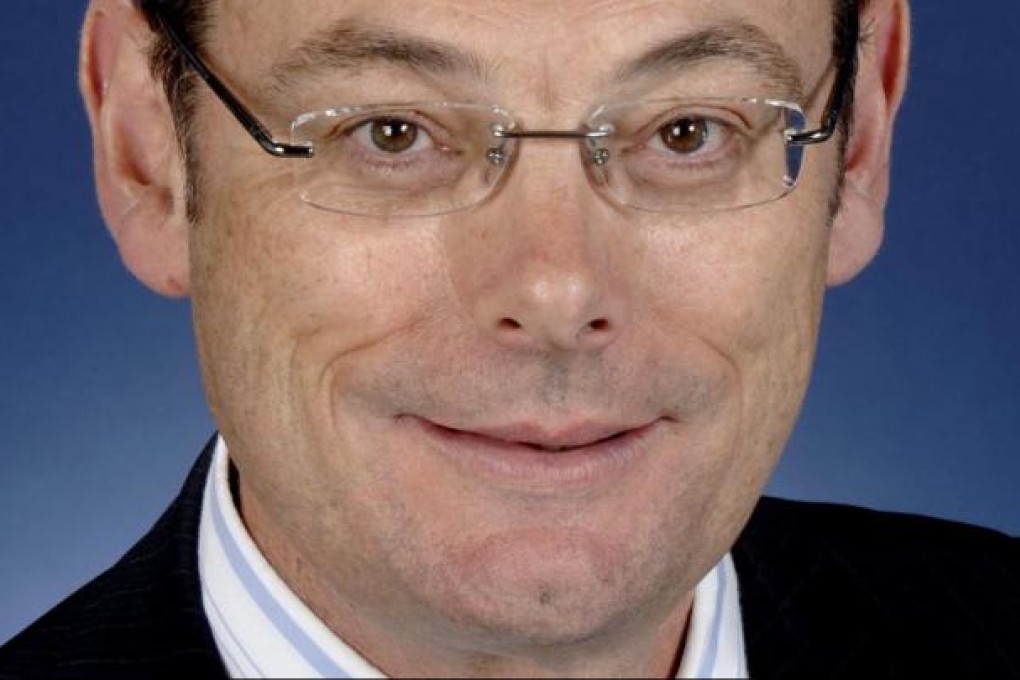Xi has a strong team to help overcome reform obstacles, says ex-Australian envoy
Conditions are ripe for President Xi Jinping to overcome obstacles to reform, in part because he has assembled a strong team to handle domestic and world affairs, says a former Australian ambassador to China.

Conditions are ripe for President Xi Jinping to overcome obstacles to reform, in part because he has assembled a strong team to handle domestic and world affairs, says a former Australian ambassador to China.
Geoff Raby also suggests that China be more open to foreign investment.
Raby told the South China Morning Post on the sidelines of the annual Boao Forum for Asia - a three-day event on the southern resort island of Hainan - that recent appointments to a powerful economic team were "encouraging".
"It's a very strong team being assembled that understands reform and is capable of implementing it. And Xi has the power," said Raby, who is now a non-executive director of Australia's Fortescue Metals Group (FMG), the world's fourth-largest supplier of seaborne iron ore. "I think the circumstances and conditions are there for [reform] to happen. But … obviously there are challenges for Xi."
The forum emphasises regional economic integration.
Xi's economic team retained Zhou Xiaochuan as chief of the People's Bank of China, with the former chairman and Lou Jiwei, chairman of China Investment Corp, the nation's sovereign wealth fund, named minister of finance.
There was a big reform agenda that must be addressed, Raby said, pointing specifically to financial sector reform, the internationalisation of the yuan and a gradual easing of interest rate controls.